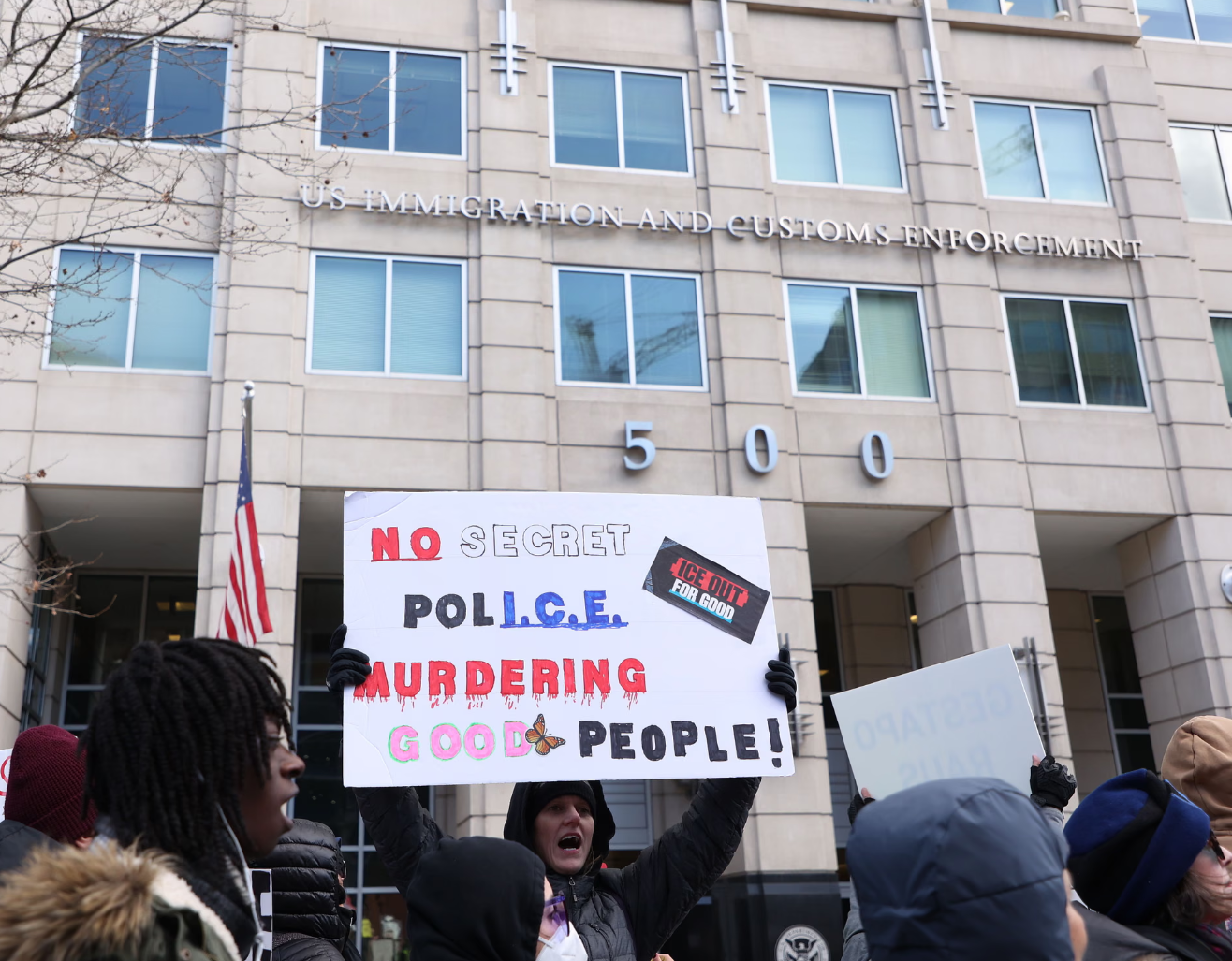Shares in the US financial and brokerage company Charles Schwab tumbled on Monday, as concerns rippled through the financial sector due to the recent collapse of tech and start-up-focused Silicon Valley Bank and crypto-related Signature Bank.
The Texas-based financial services corporation’s stock slumped by more than 20% during Monday trading, representing the company’s worst one-day sell-off since April 2000.
The wipeout came as the company touted its resilience after a reported 28% decline in average margin balances in February from a year earlier. In a statement, Schwab’s Chief Financial Officer Peter Crawford reassured shareholders and clients that cash outflows hadn’t accelerated this month compared to February, noting that 80% of the brokerage’s deposits are insured by the US government.
“These outflows reflect a continuation of client decisions to reallocate a portion of their cash into higher-yielding cash alternatives within Schwab,” he wrote. “Based on our ongoing analysis of these trends, we still believe client cash realignment decisions will largely abate during 2023.”
Schwab is ranked eighth among US banks by assets, with $7.05 trillion in client funds and 33.8 million active brokerage accounts at the end of last year. Some analysts say it is unlikely that Schwab will face a run like SVB did, due to its robust liquidity.
“Many banks and companies with related banking entities, such as Charles Schwab, also have a material amount of fixed income securities on their balance sheet with unrealized losses, as recently rising interest rates have decreased the value of fixed income securities,” Morningstar analyst Michael Wong wrote in a note last week.
The selloff of Schwab’s stock was triggered by recent failures in the US banking sector, with three lenders going bust in less than a week.
California-based, crypto-focused Silvergate was the first to announce its liquidation last Wednesday, followed by the implosion of Silicon Valley Bank on Friday. Signature Bank was the third significant lender to face ruin in the largest US bank collapse since the financial crisis of 2008. Bank failures have sparked concerns over the health of the entire US banking system, with many other lenders seeing their stocks plunge.




